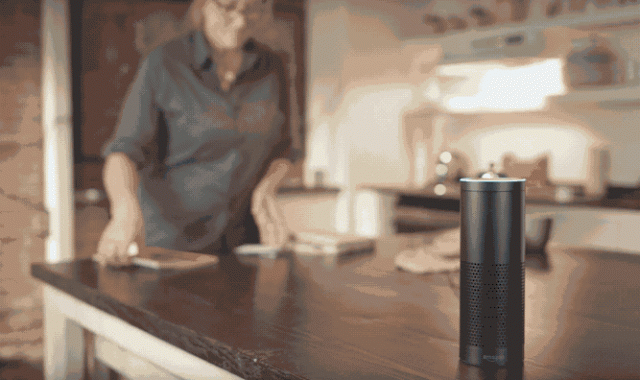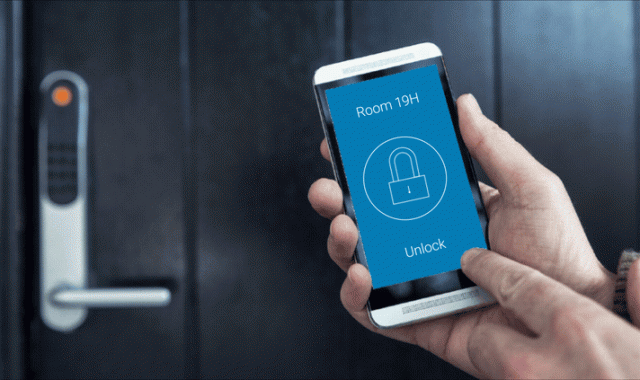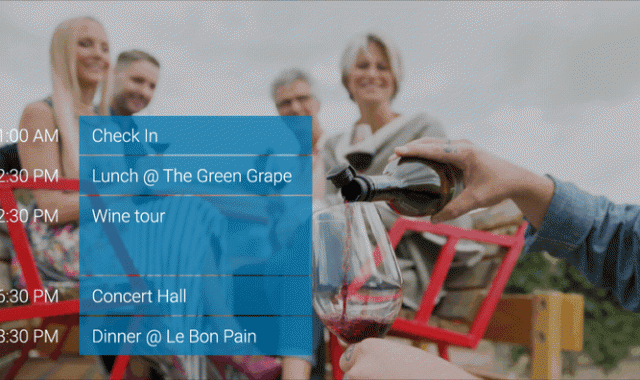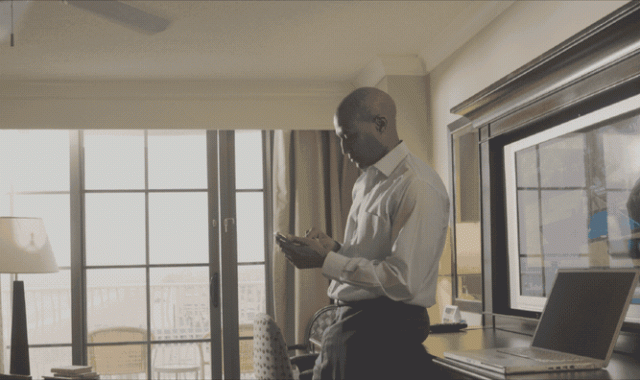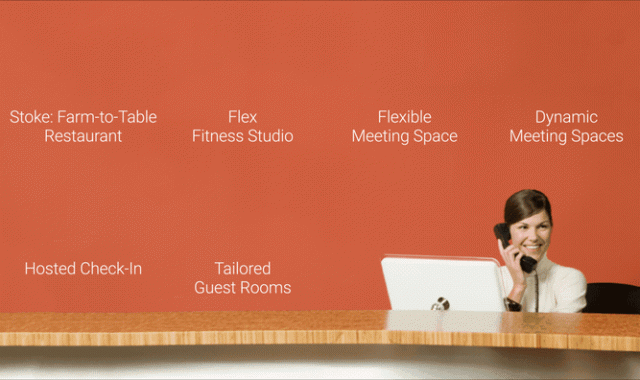The hospitality industry often sets the gold standard for customer experience. After all, they pride themselves on getting gold stars. Knowing and tending to a guest’s every whim can lead to many happy returns. Yet, as digital tools were making their way into customer service, the industry was skeptical that digitization would lead to a callous, impersonal experience. It turns out, the opposite is happening. Instead of driving a wedge between hotels and their guests, apps and tech tools are helping hotels further craft personalized guest experiences – upgrading the gold standard to blue-chip status.
But the relationship isn’t one-sided. As guests benefit from a simpler, more customized experience, hotels and online vacation home rental services, like Airbnb, are gaining valuable insights that inform the next level of stellar service.
Check out how these services are changing the way we travel.
1. Book: Amazon Alexa is now your virtual agent, powered by Expedia.
Expedia is providing tailored results for users through Alexa, Amazon’s voice-activated Echo speaker technology. Expedia’s Amazon Alexa “skill” enables Expedia customers to sort through and simplify the details of their trip.
For instance, Expedia members can ask Alexa about their existing flight reservations and conveniently book a car rental, or inquire about their Expedia loyalty program numbers. Soon, users will be able to book hotel reservations by simply “speaking” with Alexa.
2. Arrive: Skip the front desk – Starwood’s keyless entry checks you in and opens doors.
Keyless entry into hotel rooms is becoming a staple within the hospitality industry. Starwood’s keyless entry program grants smartphone and smartwatch users the ability to remotely check into their rooms and unlock their doors using a downloadable mobile SPG app. Users just open the app and hold their phone by the door’s keypad to gain entry. Marriott and Hilton are adopting keyless entry as well. In fact, Hilton’s keyless entry app, dubbed “Digital Key” is now available in 700 hotels to date, up from 91 hotels just a year ago.
3. Experience: Airbnb Trips crafted by locals, create moments you won’t find in a travel guidebook.
Airbnb, the biggest disruptor in the hospitality industry, is at it again.
Airbnb Trips is the company’s latest venture, which allows guests to book exclusive experiences, like wine tastings in Sonoma, California, and discover unique places that only a local could recommend. As a result, Airbnb hosts can now go beyond opening their homes to guests and can offer personalized experiences during a guest’s stay, such as guided food tours and customized workouts.
Looking for a place to get your haircut? There’s a host for that. Want to hire a private chef during your stay? There’s an experience for that. Through Trips, Airbnb is turning tourists into locals, and locals into tour guides.
4. Unwind: Never miss a chance to binge-watch. Hyatt’s streaming services now sync with your viewing habits.
Weary travelers now have the luxury to catch up on an episode (or three) of their favorite Netflix show from the comfort of their own hotel room.
In several Hyatt Regency locations, including the Hyatt Regency New Orleans, guests can now stream their favorite video viewing apps, such as Netflix, Hulu, and YouTube, right to their in-room television through a Google Chromecast device.
The service is available through the World of Hyatt mobile app, which provides an array of other one-touch services, from ordering room service to requesting a toothbrush.
5. Tap Here if You’re Happy: Marriott’s Beta button gets really real-time feedback to crowdsource a better customer experience.
To understand what customers like (and dislike) about different services, Marriott transformed its Charlotte City Center location into the first M Beta Hotel. M Beta operates as a real-time innovation incubator, collecting guest feedback using its unique new feature, Beta Buttons. If a guest likes a certain concept, like the new FLEX Fitness studio, he or she taps the button and that “like” is registered on the Beta Board displayed in the hotel’s lobby. By periodically rotating experimental features and reviewing the data, Marriott is conducting real-time A/B testing and able to adapt quickly in their constant pursuit of better and best customer experiences.
That’s why innovation in the hospitality industry is accelerating today at speeds that far exceed the past decade’s more measured pace of change. “You have to be smarter about your customer. You have to give them what they need at the time they need it,” notes George Corbin, Senior Vice President for Digital at Marriott International.
“It’s not that the technology replaces the human interaction. It’s that the technology enables even deeper human interaction,” says Corbin. “That’s been the real win.” And, a gold star winning achievement.
